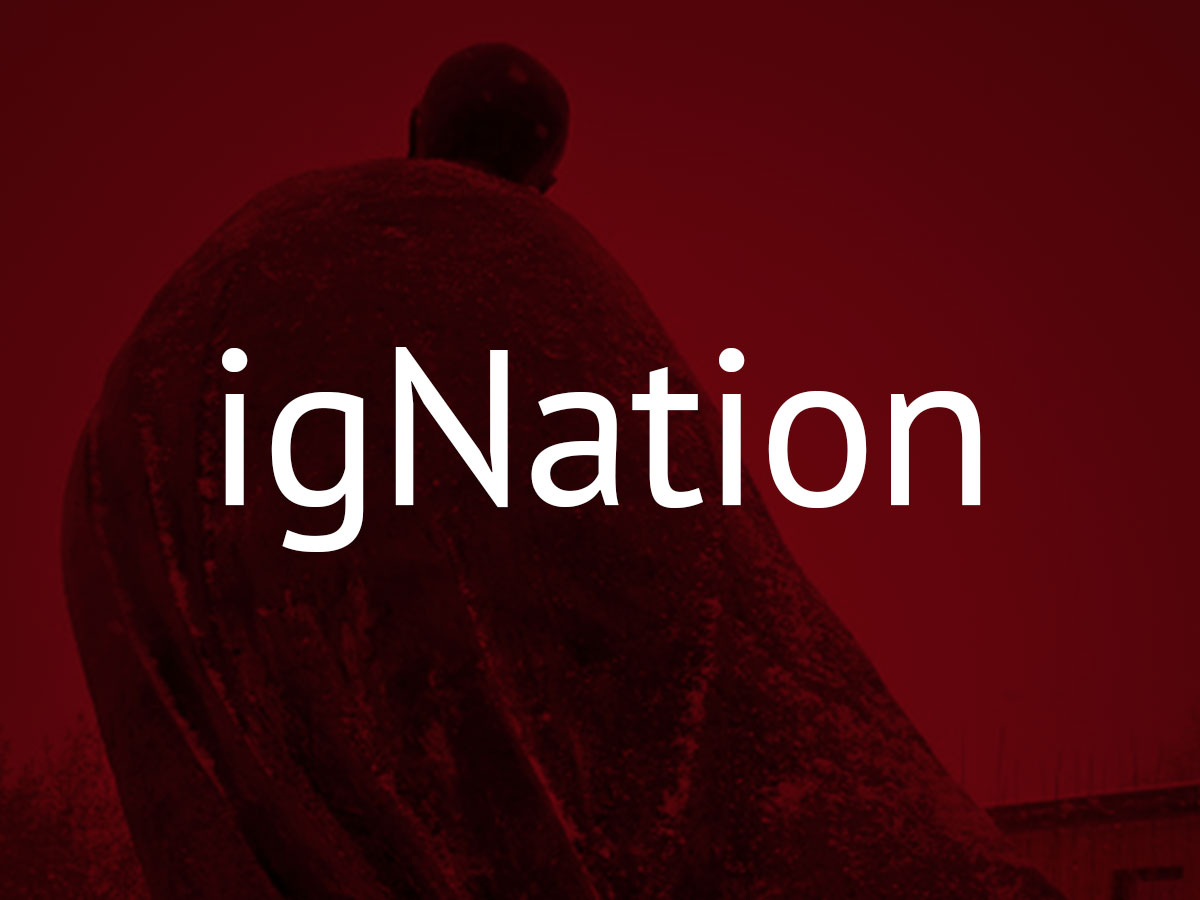The stone that the builders rejected.

“The stone that the builders rejected has become the chief cornerstone. This is the Lord’s doing; it is marvellous in our eyes.” – Ps 118:22-23 
When I read this psalm I thought of my friend Michael. He and I had been members of the youth group in my parish and had been close friends for years, but then we lost touch. In the early 90s the priest who had been close to the youth group let some of us know Michael was dying of AIDS. It was a terrible shock, I had heard about AIDS, but never met anyone suffering from it.
After I heard the news, I saw Michael a few times. For a while he got better, we went out for dinner, caught up on our lives, I visited him at home. But then he got sick again, and had a long, agonizing period of illness, which took him to his death.
Although we had been so close for years, Michael never told me he had AIDS. In his final painful illness, when his body was totally emaciated, he even refused to see me. Only after I left many messages and flowers at the hospital, did he accept. He hid under the covers up to the top of his head, as if in shame, and told me his ‘cancer’ was killing him. The only people I ever saw with him were his sister, who was at his side almost constantly, and a couple of friends. I tried so hard to show Michael it was safe for him to tell me he had AIDS; that I was not afraid to touch him, I loved him no matter what, but he never did.
 At the funeral, when all the old friends gathered to mourn his loss, I heard some members of his family had rejected Michael and refused to see him. Perhaps more shocking was what a member of the parish said; Michael had been extremely close to her family. She asked me if I knew how Michael died, and told me that when he told her he had AIDS, she asked him never to visit her family again.
At the funeral, when all the old friends gathered to mourn his loss, I heard some members of his family had rejected Michael and refused to see him. Perhaps more shocking was what a member of the parish said; Michael had been extremely close to her family. She asked me if I knew how Michael died, and told me that when he told her he had AIDS, she asked him never to visit her family again.
I was shocked. I felt ashamed, sad, angry. I understood why Michael did not feel safe to tell me he had AIDS. Why would he risk more rejection when many in his family, close friends and members of our Christian community had already shunned him?
Michael had prepared his funeral with the priest who had accompanied our youth group for years. We heard how Michael had come close to God, about his final journey, how he had accepted his inevitable death. Michael even left a message for all of us. It spoke of his love of life, of the importance of friendship, of love. It touched many of us to the core.
Michael, like “the stone that the builders rejected”, had been rejected by those who most loved him because of fear, ignorance and stigma. And yet he became “t he chief cornerstone” to so many of us in our understanding of ourselves, of the limitations of our love and faith. I have carried the pain of what stigma and rejection did to Michael all my life. I have mourned the fact that our friendship, our shared faith and values did not make him feel safe. And I have been grateful for his life and what he taught me in death.
he chief cornerstone” to so many of us in our understanding of ourselves, of the limitations of our love and faith. I have carried the pain of what stigma and rejection did to Michael all my life. I have mourned the fact that our friendship, our shared faith and values did not make him feel safe. And I have been grateful for his life and what he taught me in death.
It is a lesson I have been taught over and over in my life since then. It has come from people who have suffered, from refugees who have been rejected in their countries and in the countries where they have sought refuge. I have learned from their capacity to forgive and to forge ahead with courage and perseverance despite the stigma against them. Repeatedly I have been welcomed to their homes, they have taught me about hospitality, about hope and about faith.
As I prepare for Easter and the hope of resurrection, I think of the transformative power of the “stone” rejected by the builders: the outcast, the poor, those who suffer injustice, and I pray that I may have eyes to see that they are the chief cornerstone of our faith and life.
Jenny Cafiso, director of Canadian Jesuits International (CJI), wrote this Lenten reflection for a series of reflections published by the African Jesuit AIDS Network (AJAN). It was also published on the CJI website.




No Comments